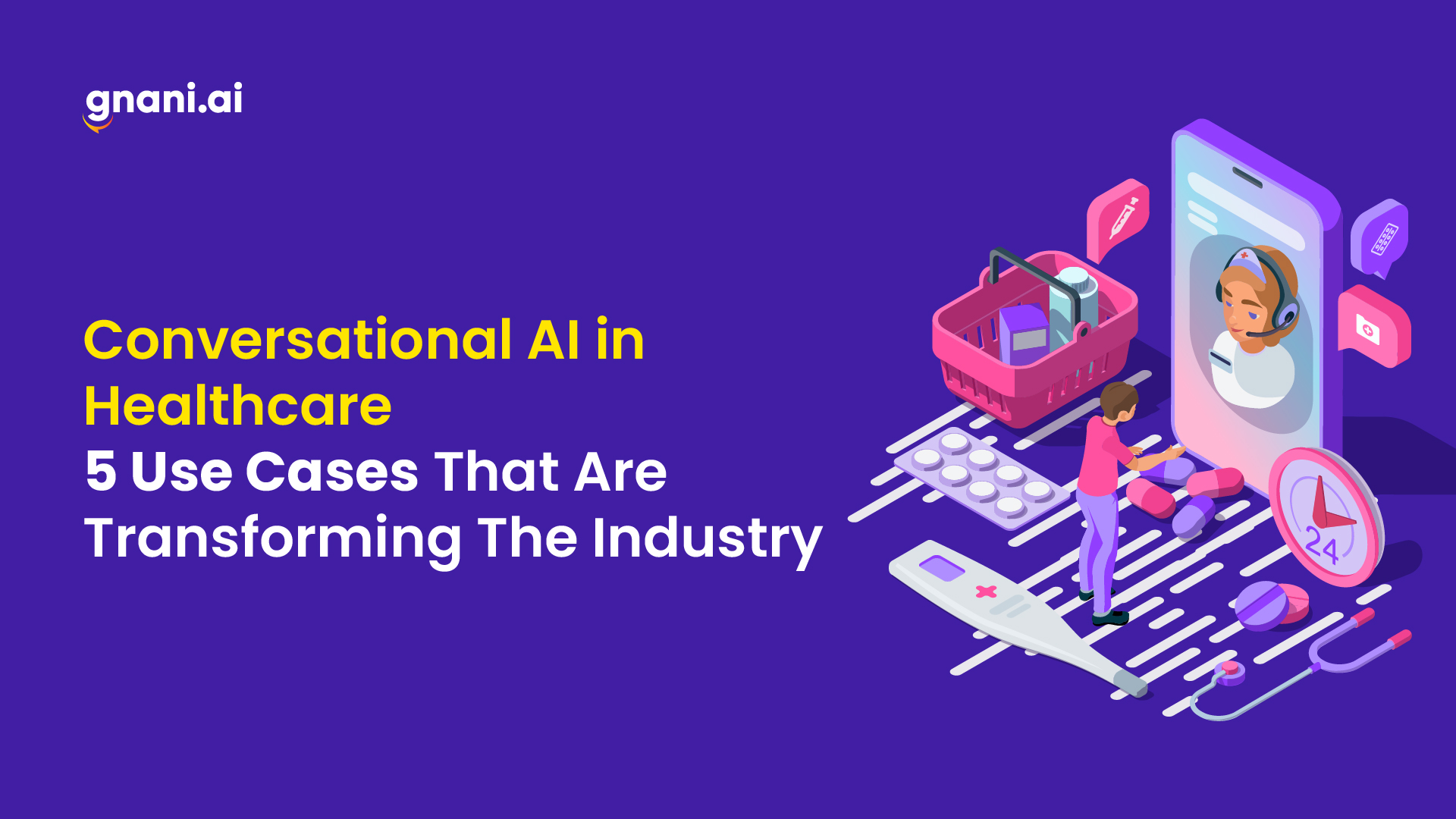The Novel Coronavirus (SARS-CoV2) outbreak in early 2020 became a cause for concern across the healthcare sector. The increased load on medical establishments coupled with the growing shortage of clinical and administrative staff cost the United States healthcare industry a whopping USD 20 Billion per month. By the end of 2020, US healthcare lost over USD 320 Billion.
Almost two years later, the problems persist for global healthcare systems. Hospitals are still facing an acute shortage of staff as workloads continue to increase exponentially. Even today, as COVID-19 surges continue to erupt across the globe, medical centers are constantly expanding treatment facilities, contracting additional staff, and relying on human administrators to manage heaps of paperwork.
The cost burden for hospitals has also increased seismically. Investing in Personal Protective Equipment (PPE) kits and other additional gear has burnt a hole, while the costs for COVID-19 treatment by default tended to overshadow the reimbursement rates. All of this has created a financial dent for healthcare establishments.
However, the primary pain point for medical institutions is the acute shortage of clinical and non-clinical staff. As hospitals began resorting to contractual employees, the increase in labor expenditures made it difficult for healthcare establishments to invest in existing personnel and programs. The snowball effect of healthcare costs made it imperative for hospitals to devise or discover a solution.
How is Conversational AI making an impact in healthcare?
As early as 2019, AI-powered automation in the form of Conversational AI had begun to make inroads into the global healthcare engine. Valued at around USD 120 Million in 2019, the industry is now poised to grow at a CAGR of 21% till 2030.
With the help of AI-powered virtual assistants, medical establishments can overcome the repercussions and pitfalls brought about by acute shortages in staffing, overhead expenses, and other subsidiary costs.
As per a report by the World Healthcare Organization (WHO), an additional 4 million doctors and clinical staff are required to manage current global healthcare demands.
By automating redundant and repetitive tasks, the burden on administrative staff and clinicians reduces, which allows them to focus on more critical work.
Here are 5 important use-cases through which Conversational AI is helping medical institutions overhaul their age-old processes.
Appointment Scheduling
Missed appointments and doctor rescheduling are the biggest hurdles for front-desk operations in a healthcare establishment. When a patient misses their appointment and an on-call doctor isn’t subsequently rescheduled, it leads to a loss in revenue for the hospital. Before, admin staff would manually track and make changes to appointments. However, this practice was prone to errors and cost hospitals millions. With the help of Conversational AI-powered virtual assistants, you can automate your front-desk operations without having to rely on human staff. Thus, appointment scheduling becomes more efficient, and administrative staff can focus on more pressing tasks.
Emergency Escalations
As mentioned earlier, hospitals have been crunched with the increase in patient in-flow and shortage of staff. In such a scenario, it’s possible that emergency situations get neglected when the healthcare establishment is swamped. Inbound emergency calls are handled by Voice AI-powered virtual assistants, which analyze the seriousness of the situation and triage it to the right department for immediate action.
Symptom Assessment and Checking
After the COVID-19 outbreak, the United States Centre for Disease Control (CDC) has beefed up its mandate for patients to assess symptoms before arriving at a healthcare establishment. This exercise puts in place a safety veil over medical institutions to protect first responders and other patients from infections and diseases. AI-powered Chatbots and Voice Bots can interact with individuals and assess potential infectious risks. And if a patient is found to have contracted a highly infectious disease, the Bot can connect them to healthcare personnel remotely.
E-Consults
E-consultations played an important role in helping hospitals manage the spread of COVID-19. Through video consultations, telephonic calls, or chat, medical professionals were able to remotely assess patients and recommend treatment pathways without any physical interaction. Also, in the case of elderly folks and people with disabilities, e-consultation helped these individuals gain access to modern healthcare without difficulties.
Patient Engagement and Monitoring
While the treatment phase is the most important part of a patient’s healthcare journey, Post-Treatment Assessment can also be equally critical. Whether it’s post-op monitoring or post-treatment assessment, it is critical for medical professionals to keep track of a patient’s health to detect the possibilities of relapse, secondary ailments, or SSIs (Surgical Site Infections). AI-powered Voice Bots and Chatbots can automate this stage of the patient care journey by constantly nudging follow-ups and asking relevant questions. It is also important to note that patients need to be comfortable when discussing medical discomforts, so it helps when the Voice Bot or Chatbot converses in a human-like tone. Natural Language Processing (NLP) and Natural Language Understanding (NLU) empower a Bot with the ability to be humane and sensitive.
With the help of Conversational AI, healthcare establishments can eliminate redundant front-desk operations, as well as automate the initial stages of patient treatment. Hospitals no longer need to be worried about the shortage of staff because the Bot acts as an admin staff and clinician whenever required.
Gnani.ai is a leading Conversational AI solution provider that harnesses the power of automation to help businesses reduce overheads while scaling operations. We have worked with renowned Banking, Insurance, Automotive, and Healthcare providers to imbibe automation and improve efficiency.
If you’re interested in learning more about how Conversational AI can help transform care journeys and elevate patient experiences, book a demo today.


